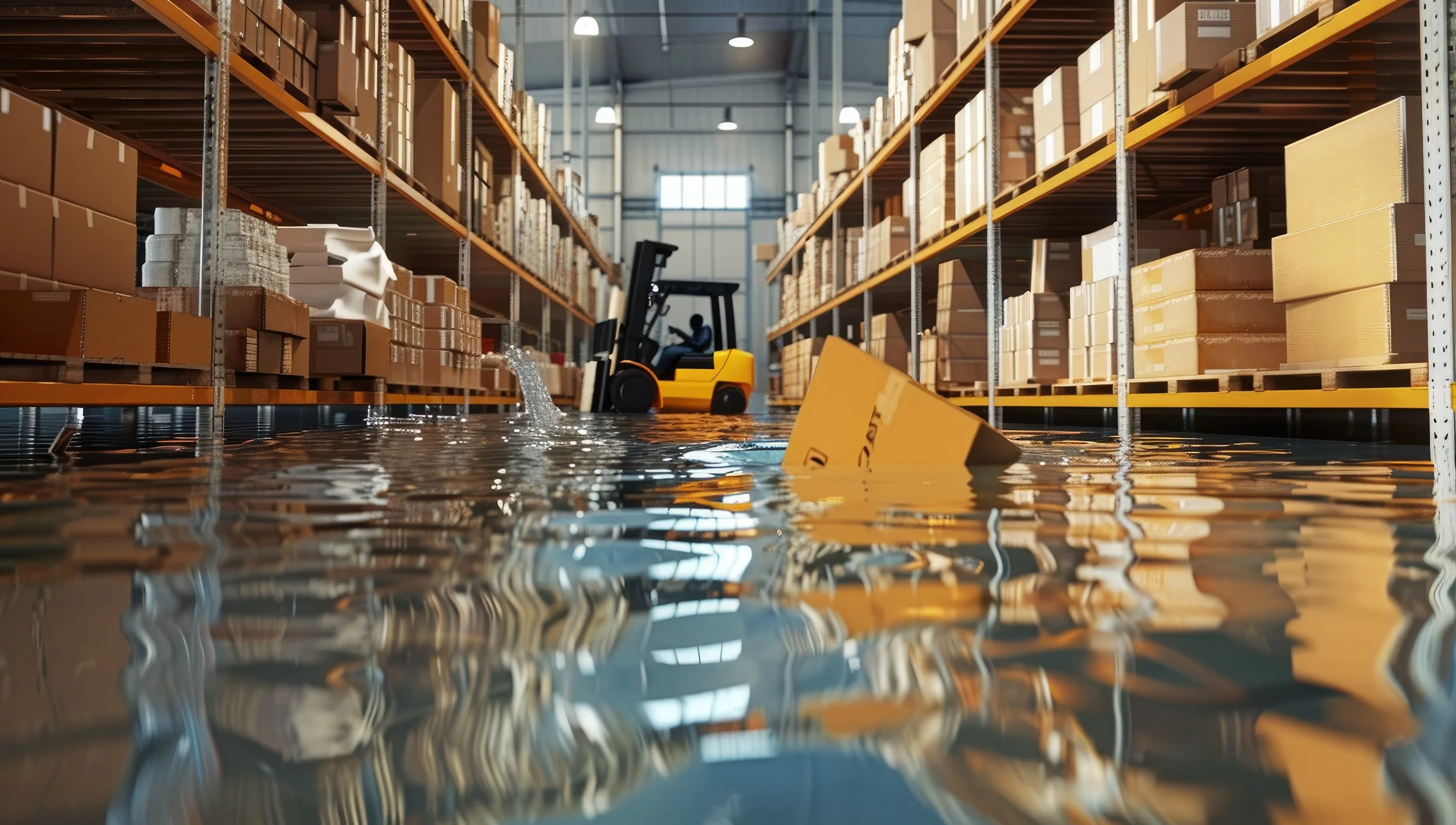Understanding the Impact of Geopolitical Events on Supply Chains: A Guide
In today's interconnected world, supply chains stretch across borders and continents, intricately weaving together the global economy. However, these complex networks are vulnerable to disruptions caused by geopolitical events like trade wars, political instability, and even natural disasters can have a huge impact on how goods move from one place to another. Learning how to navigate these challenges is key to becoming a successful supply chain professional.
Let’s explore how geopolitical events affect supply chains and why earning the Certified in Logistics, Transportation, and Distribution (CLTD) certification can help you excel in this field.
Geopolitical Events: What You Need to Know
1. Trade Wars and Tariffs
Trade wars can make headlines quickly, and their effects on supply chains are just as rapid. Countries may impose tariffs (essentially taxes on imports) or create barriers to trade. For example, the trade tensions between the U.S. and China in recent years forced many companies to change their sourcing and shipping strategies, leading to higher costs and delays in getting products to customers.
2. Political Instability and Sanctions
In some regions, political unrest or government changes can disrupt the normal flow of goods. Sometimes, sanctions are imposed on certain countries, making it illegal or very difficult to trade with them. This forces companies to quickly find new suppliers, transportation routes, or even new markets.
3. Pandemics and Health Crises
The COVID-19 pandemic gave us all a firsthand look at how global supply chains can be disrupted. Factories were shut down, transportation was limited, and there were widespread shortages. While a pandemic of that scale is rare, health crises can still cause major interruptions that supply chain professionals need to be prepared for.
4. Natural Disasters
Weather-related events like hurricanes, floods, or wildfires can shut down production facilities and block key transportation routes. As climate change intensifies, these disruptions are becoming more frequent, forcing companies to rethink how they design their supply chains to be more resilient.
5. Economic Shifts and Energy Shortages
A country’s economic policies can also impact the cost and availability of products. Rising energy costs, for example, can lead to more expensive transportation, making it difficult for companies to stay competitive. When energy supplies are strained, it can create bottlenecks in production and shipping.
How CLTD Certification Can Help You Manage These Challenges
As you grow in your career in supply chain management, you’ll realize that the key to success is staying flexible and informed. One way to equip yourself with the skills to handle these global challenges is by earning the Certified in Logistics, Transportation, and Distribution (CLTD) certification.
Here’s why this certification is invaluable for navigating today’s complex world:
1. Learn How to Mitigate Risks
Supply chain disruptions are inevitable, but the CLTD program will teach you how to identify potential risks and develop contingency plans. This is especially important when dealing with unpredictable events like trade wars or political unrest. By having a plan in place, you’ll be able to adapt quickly and minimize the impact on your operations.
2. Master Global Logistics
In a globalized world, supply chains span countries and continents. The CLTD certification focuses on optimizing logistics, transportation, and distribution on an international scale. You’ll learn about customs regulations, shipping methods, and international trade agreements, giving you the tools to manage cross-border challenges.
3. Build Sustainable Supply Chains
Sustainability is becoming more important in supply chain management. The CLTD program includes lessons on how to integrate sustainable practices into your logistics operations. This not only helps the environment but also prepares you for stricter regulations and the long-term effects of climate change.
4. Stay Compliant with Regulations
One of the biggest challenges in navigating geopolitical events is keeping up with changing regulations. Whether it’s sanctions, tariffs, or health and safety standards, the CLTD certification gives you a solid foundation in regulatory compliance, helping you avoid costly penalties or operational slowdowns.
5. Be Agile and Adaptable
If there’s one lesson to take away, it’s that supply chains must be agile. The ability to pivot quickly when faced with geopolitical events is a skill that’s highly valued in the profession. The CLTD certification teaches you how to build flexible, responsive supply chains that can absorb the shock of unexpected events.
Conclusion: A World of Opportunity, Despite the Challenges
While it may seem daunting, the supply chain field is also full of opportunity. With global trade becoming more interconnected, the need for skilled professionals who can navigate geopolitical challenges is greater than ever. By understanding how events like trade wars, political instability, and natural disasters impact supply chains—and earning a CLTD certification—you’ll be well-prepared to tackle these issues head-on.
The world of supply chain management is dynamic and evolving, and as a new professional, you have the chance to shape how businesses respond to these global challenges. Whether you're just starting your career or looking to advance, equipping yourself with the right knowledge will help you stay resilient and successful in this exciting field.
Supply Chain Mavens’ online Certified in Logistics, Transportation, and Distribution prep courses are offered throughout the year. We also offer customized team training online or in-person.


